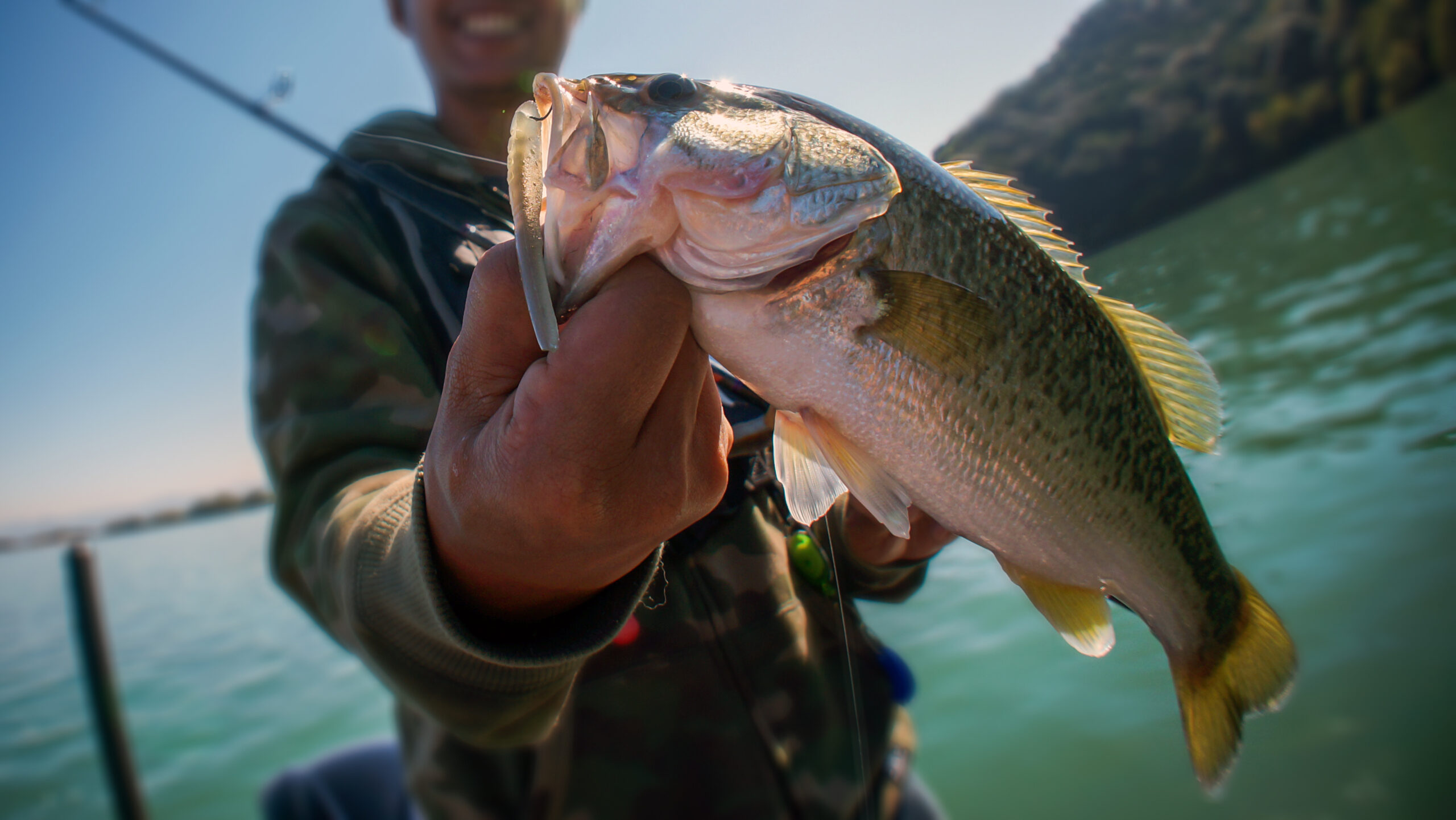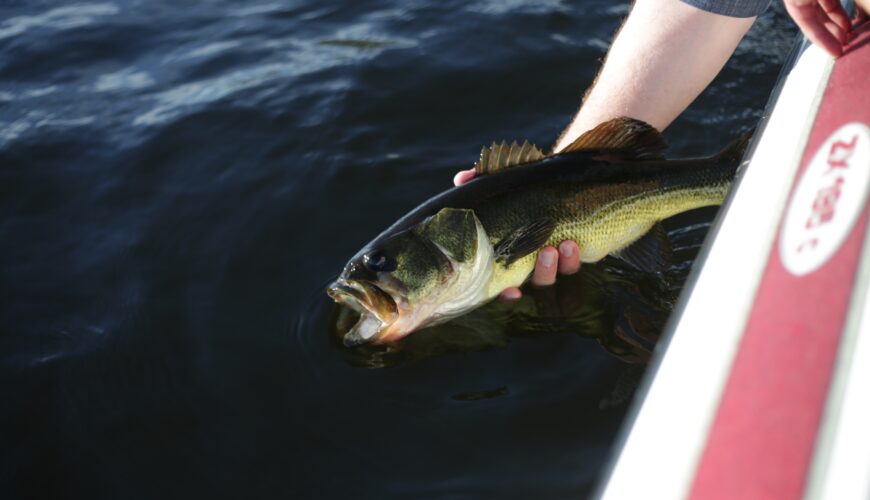Tactics
Spinnerbaits for Bass
January 30, 2026 •John N. Felsher
May 9, 2022
“I don’t fish for bass,” a guy mentioned last week as we discussed this spring’s bass fishing bonanza at a local boat ramp. “Besides, there is no way I could afford it,” he said gesturing towards a glistening metal-flake bass boat loaded with rods, boxes of lures and mysterious electronic gadgets. “It can get too complicated and too expensive,” he added.

To some, modern day bass fishing can be intimidating, but it doesn’t have to be. I was about eight when I caught my first bass. It was just a few years later, fishing from shore, I hooked my first trophy, a largemouth stretching 22 inches weighing six pounds. I caught the fish on a homemade jig a friend gave me and cheap rod and reel by today’s standards. That fish still hangs on my wall, a constant reminder of simpler times.
Fishing was a lot more basic back then. There were no Global Positioning Systems, no high-tech electronics and no ultra-sensitive graphite rods with velvet smooth ball bearing reels. Soft plastic baits were not bio-scented or offered in 65 shapes and 142 colors. Artificial worms were made from basic rubber in a handful of patterns and they still caught plenty of bass.
These days anglers are literally bombarded with advertisements for products supposedly needed to catch fish. “You can’t have everything,” I’ve always said. “Where would you store it?” But how do you get started bass fishing without stepping in over your head or wallet? Fear not, it’s not that difficult.
I was hooked on fishing at a very early age and have never regretted a day on the water. Well, almost never. Besides being fun, fishing provides mystery, excitement and a never ending challenge. It’s also another reason to be outdoors.
Anybody who starts fishing must quickly understand there will be times of fast and furious action. But equally important you must accept there will be more outings of limited success and trips when you will go home skunked with no fish at all. There are times when fish just aren’t biting no matter how much equipment a person owns.
Survey after survey proves large and smallmouth bass are one of the most sought after fish species in the United States. They are extremely adaptable and inhabit just about any place that holds water year round, lakes, reservoirs, creeks, rivers and ponds.
So how do you really get started? It all begins with a decent rod and reel and this will probably be your largest investment. You don’t have to mortgage the house as decent equipment can be purchased at modest prices. Purchase something you are comfortable with.
When it comes to what you will tie on the end of your line, repeat three times:
There are NO magic lures, regardless of what some advertisements claim.
Bass don’t hit a lure because they develop a liking for it or think it’s cute. Bass strike because they think it’s something worth eating. Most lures are intended to imitate either a crawfish or some kind of forage fish, mainstays in a bass’s diet. There is no need to start out with a trunk full of every type of lure imaginable.
All it really takes is a few carefully selected lures to take largemouth and smallmouth bass in a variety of situations and conditions. Be sure to have a few lures for use in heavy weeds, moderate cover and open water.
Stick with lures easily fished from shore that offer near foolproof retrieves. Avoid baits with multiple treble hooks during initial fishing sessions. Soft stick or swim baits, spinner baits and Texas rigged worms are examples of lures that can be fished in a variety of conditions and catch plenty of fish. For areas of extremely thick surface vegetation throw in a snag proof frog or weedless spoon.
“But what about a boat,” you might be thinking. Watercraft are a luxury and by no means a necessity. Bass can be readily taken from shore and many of the best places have limited access anyway. Besides, have you ever noticed that boat anglers are always casting towards shore while shore anglers usually cast as far out as they can?
Beginning fishermen must not shy away from any type of structure. Weeds, downed trees, stumps and stick-ups are normally where you’ll find fish. Cover is key since bass are object oriented. If you are not fishing where you’ll get hung-up occasionally, you’re not fishing where the fish are.
With experience you will soon acquire increased knowledge about bass habitat, location and how to fine tune presentations. Eventually, die-hard fishermen discover ways to squeeze out a few fish even on the bad days, perhaps with the aid of the fancy stuff. But in the beginning remember to keep it simple.
Last but not least is don’t be afraid to seek advice from experienced anglers. You will quickly find they are some of the most helpful groups of people and our area is loaded with great fishermen willing to help.
In the end it doesn’t take a fancy boat, state of the art electronics or dozens of rods to catch bass. All it really takes is desire. Now go catch one.
